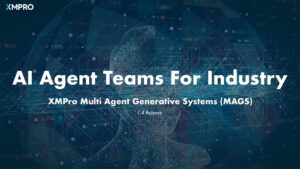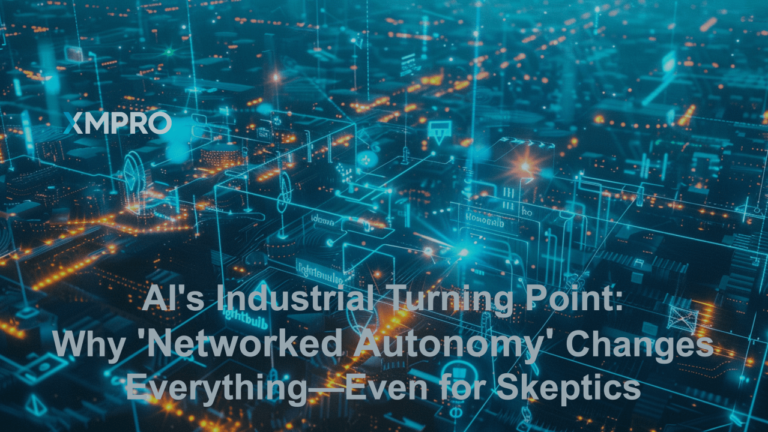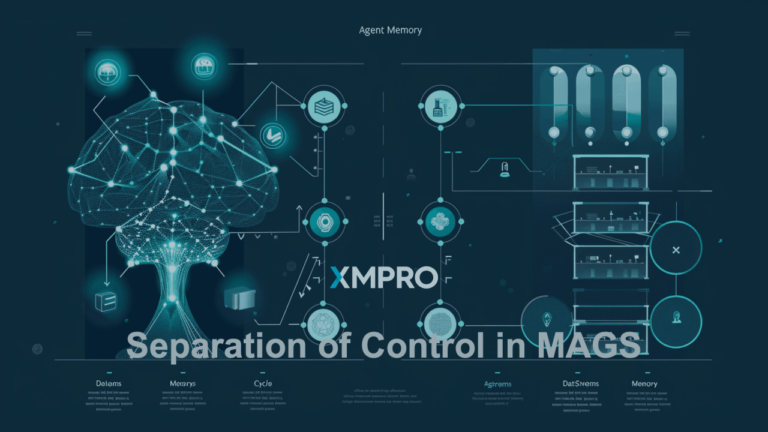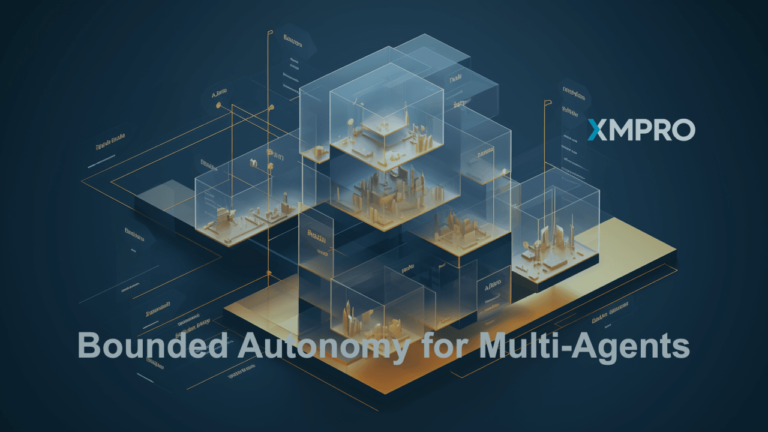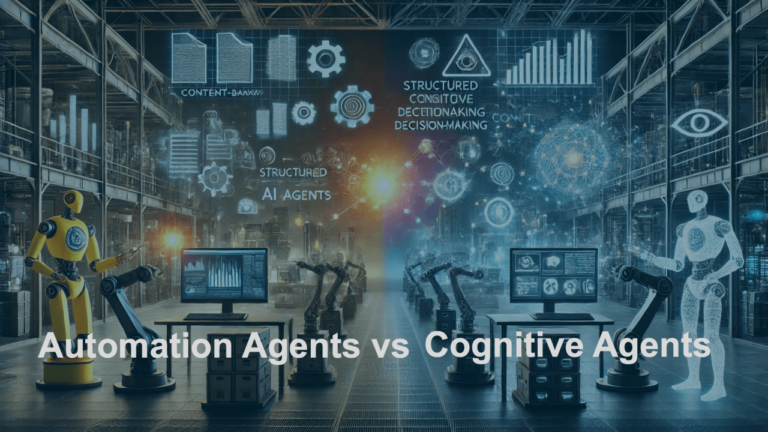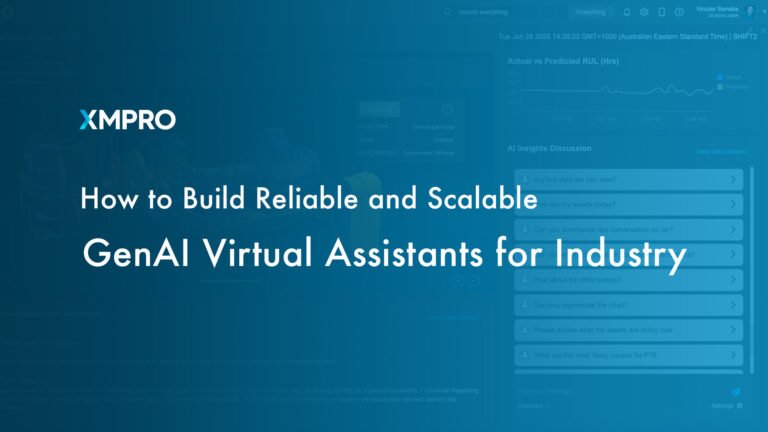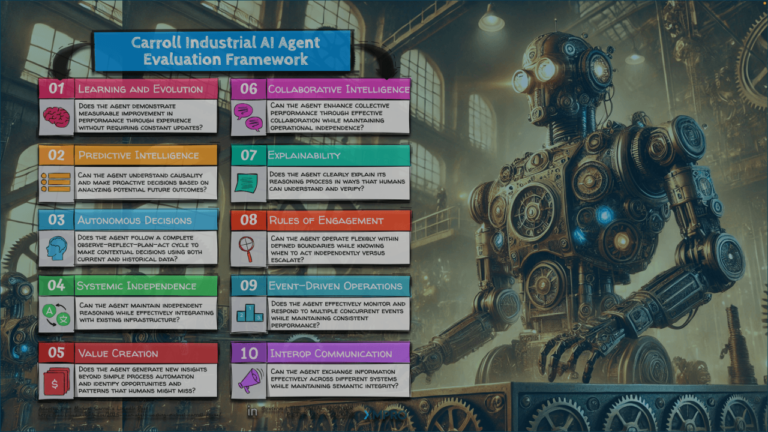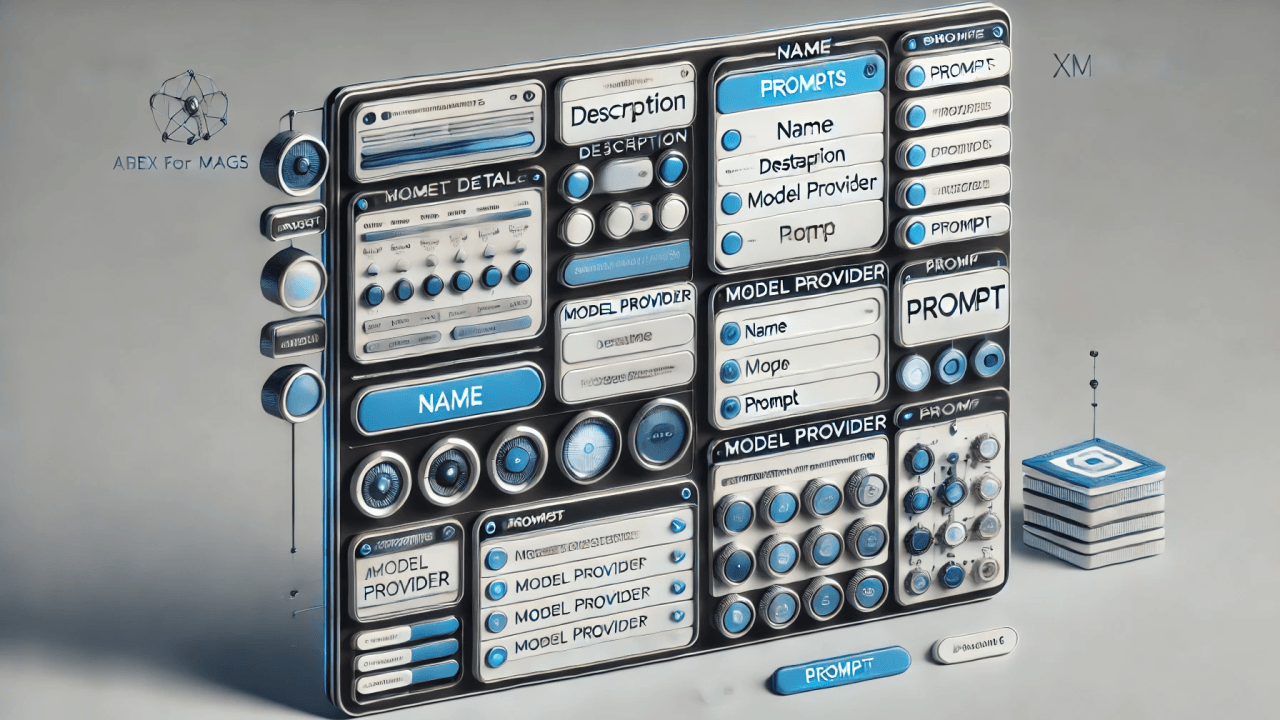
XMPro APEX: Pioneering AgentOps for Industrial Multi Agent Generative Systems

Pieter van Schalkwyk
In today’s rapidly evolving industrial landscape, organizations face the challenge of not just implementing intelligent systems but managing them at scale in complex, dynamic environments. At XMPro, we’ve developed a solution that addresses this need: APEX (Agent Platform EXperience) for MAGS(Multi-Agent Generative Systems).
This innovation introduces the concept of AgentOps – a new approach to AI in industrial and enterprise settings.
Understanding the Components: MAGS, APEX, and AgentOps
To fully appreciate the scope of this solution, let’s break down its key components and understand how they work together to create a comprehensive AgentOps ecosystem.
MAGS: The Heart of Intelligent Decision-Making
At the core of our solution lies MAGS (Multi-Agent Generative Systems), a Decision AI Agent framework designed for complex, large-scale industrial and enterprise environments. MAGS implements a sophisticated agent architecture that brings a new level of intelligence and adaptability to industrial operations.
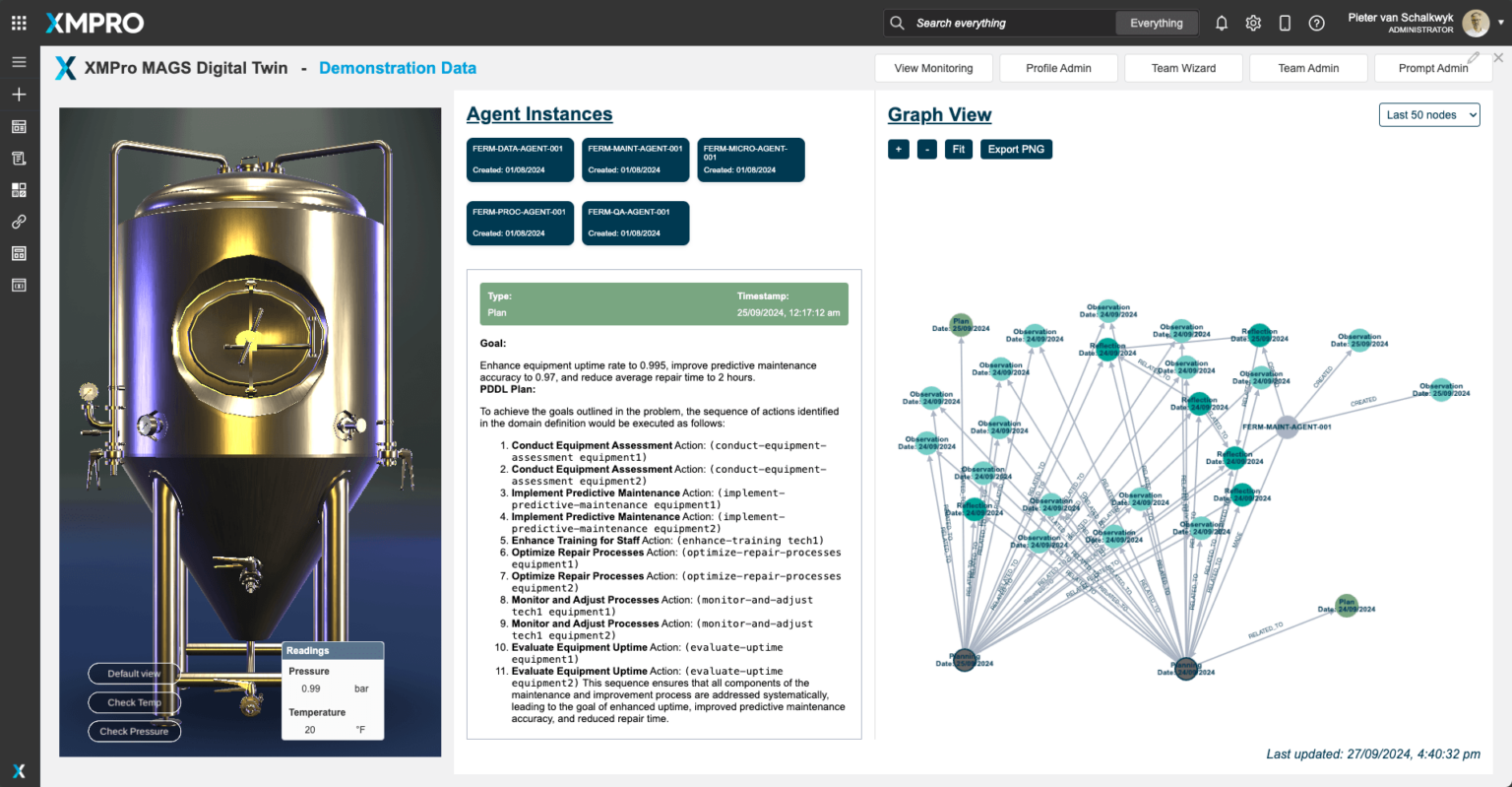
A team of 5 MAGS Agents managing an Antibiotics Fermentation Tank – Plan by the Maintenance Agent
Key features of MAGS include
- Advanced Memory Cycles: Each MAGS agent possesses a memory stream that stores observations, reflections, plans, decisions, and actions. This enables agents to maintain context, learn from past experiences, and make informed decisions based on historical data.
- Reflection Capabilities: The system allows agents to reflect on their experiences and generate higher-level insights. This meta-cognitive ability enables continuous learning and adaptation, crucial for long-term deployment in dynamic environments.
- Modular Planning Strategies: MAGS includes a flexible planning system that can employ different strategies based on the situation and agent capabilities. This includes support for standardized planning languages like PDDL (Planning Domain Definition Language), allowing agents to handle a wide range of complex scenarios.
- Multi-Agent Collaboration: Agents can be organized into teams, enabling collaborative problem-solving and efficient task distribution. This feature is particularly valuable in complex industrial settings where different systems and processes need to work together.
- Multi-Tool Ecosystem: MAGS provides a diverse toolkit for agents, including SQL query tools, web search capabilities, sentiment analysis, and more. This expandable ecosystem allows agents to tackle a wide array of tasks across various domains.
APEX: The AgentOps Platform
While MAGS provides the intelligent agents, APEX (Agent Platform EXperience) serves as the comprehensive management platform that oversees their lifecycle, integration, and optimization. APEX brings the concepts of DevOps and MLOps to the world of AI agents, providing a structured approach to managing AI in industrial settings.
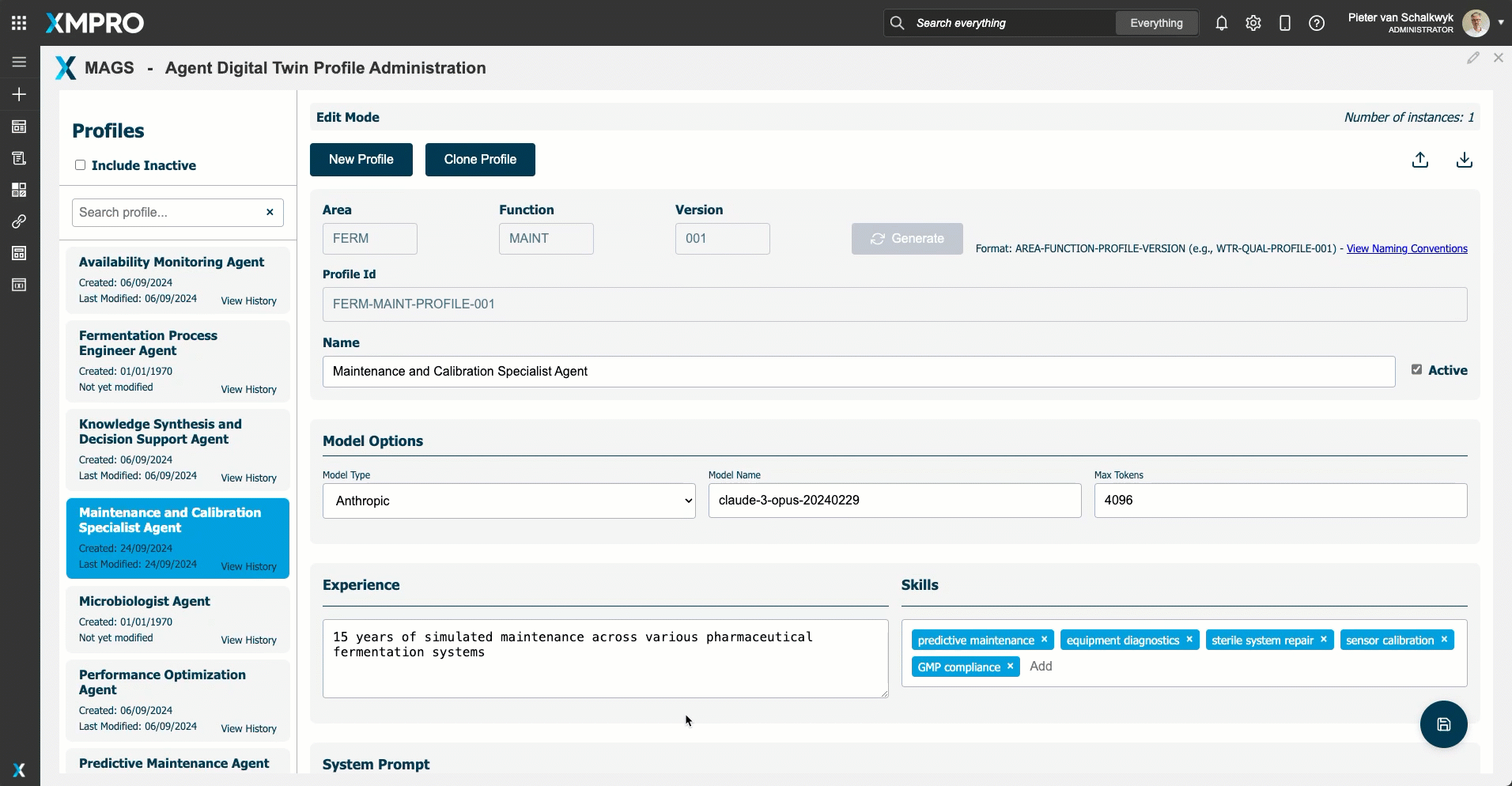
APEX Agent Profile Management
Key capabilities of APEX include
- OT/IT Integration: APEX acts as a bridge between operational technology and information technology systems, allowing AI agents to process data from OT systems and interface with IT systems for higher-level decision-making and reporting.
- Governance Framework: The platform incorporates an ethical framework with deontic rules and organizational policies, ensuring that AI agents operate within defined boundaries and align with corporate governance and industry regulations.
- Advanced Observability: Utilizing OpenTelemetry integration, APEX provides insights into system performance and behavior, enabling comprehensive monitoring and optimization of AI operations.
- Flexible Communication Infrastructure: Supporting protocols like MQTT and DDS, APEX facilitates efficient and reliable data exchange in distributed, high-performance environments.
- Extensible Architecture: APEX is designed for adaptability, employing abstract classes and interfaces that allow for customization and extension to meet specific industry requirements.
AgentOps: A New Paradigm in AI Management
The combination of MAGS and APEX gives rise to AgentOps – a holistic approach to developing, deploying, and managing AI agents in industrial environments. AgentOps brings the agility, efficiency, and continuous improvement principles of DevOps to the world of AI agents.
Key aspects of AgentOps include
- Efficient Agent Deployment: Streamline the process of developing, testing, and deploying AI agents across your organization using flexible agent profiles and instances.
- Continuous Agent Improvement: Implement feedback loops that allow agents to learn and adapt based on real-world performance, leveraging advanced memory cycles and reflection capabilities.
- Scalable Agent Management: Efficiently manage and coordinate multiple AI agents across diverse operational contexts, supported by robust data management and communication infrastructure.
- Human-AI Collaboration: Foster cooperation between human operators and AI agents, optimizing workflows and decision-making processes in complex industrial settings.
- Responsible AI Practices: Maintain oversight and control over AI agents, ensuring they operate within defined ethical and operational boundaries through deontic rules and organizational policies.
Transforming Industrial AI with XMPro APEX for MAGS
The combination of MAGS, APEX, and the AgentOps approach offers significant capabilities for organizations looking to leverage AI in complex industrial environments:
- End-to-End Solution: From data ingestion through XMPro’s Data Streams to AI agent management and interaction with physical systems, APEX for MAGS provides a comprehensive solution for industrial AI.
- Digital Twin Integration: Leveraging XMPro’s expertise in creating digital twins of physical systems, APEX for MAGS enables AI agents to perform simulation, prediction, and optimization in industrial contexts.
- Edge Computing Support: With capabilities for edge processing, the platform reduces latency in industrial control applications and supports distributed AI deployments.
- Real-Time Operational Intelligence: By combining real-time data processing with AI agent capabilities, the platform enables predictive maintenance, process optimization, and adaptive control in industrial settings.
- Scalable Architecture: The underlying stream architecture allows for horizontal scaling to handle increasing data loads, supporting growing industrial operations.
Shaping the Future of Industrial AI
XMPro APEX for MAGS represents a significant step forward in how organizations can approach AI in industrial and enterprise settings. By providing a comprehensive framework for developing, deploying, and managing intelligent AI agents, it addresses the unique challenges of complex operational environments.
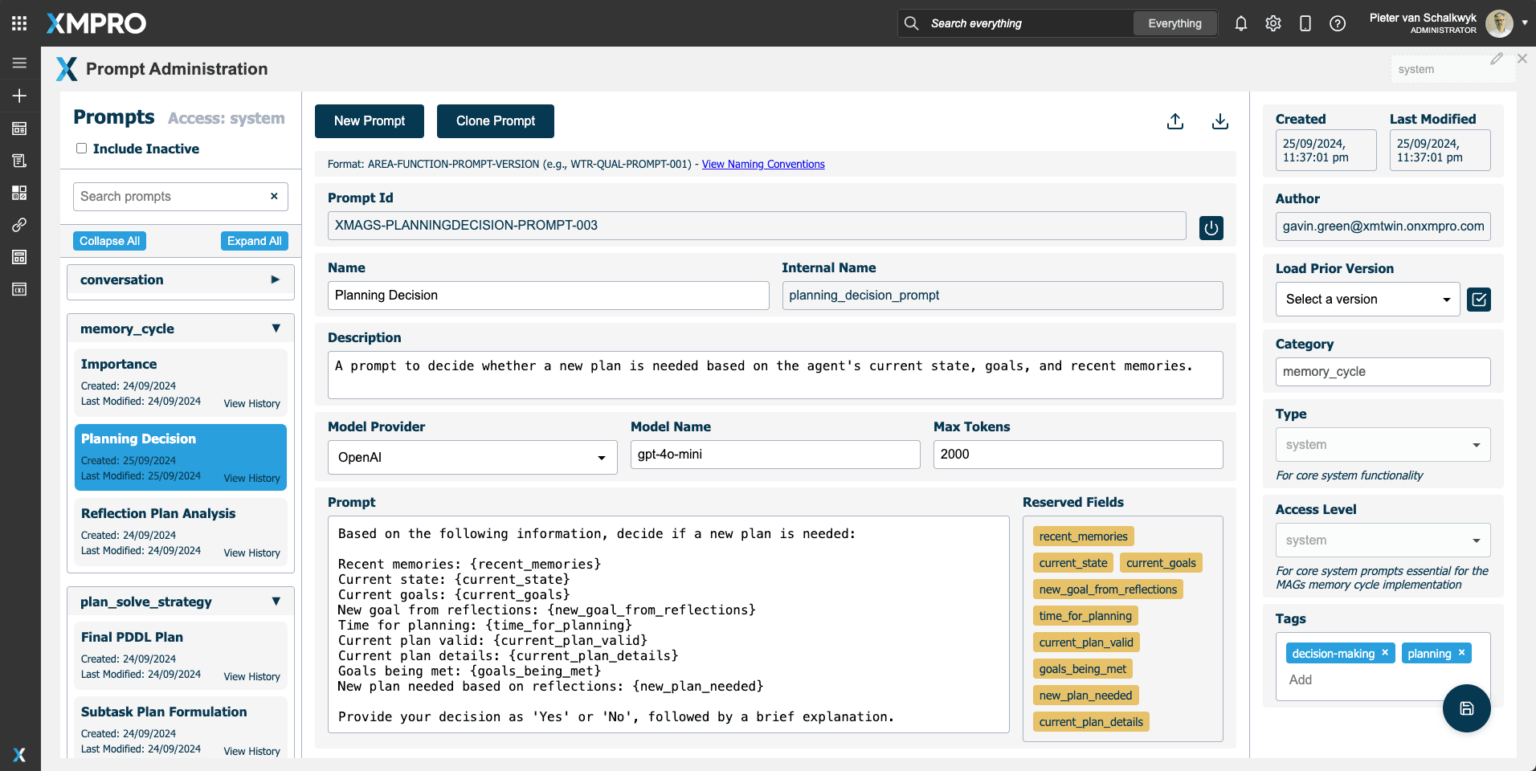
APEX Prompt Administration for MAGS Agents
The platform’s focus on memory management, reflection, advanced planning, multi-tool support, and real-time data processing, combined with its flexible and extensible design, makes it well-suited for organizations with intricate OT and IT ecosystems.
As AI becomes increasingly integral to industrial operations, XMPro APEX for MAGS offers a structured, scalable, and responsible way to implement and manage intelligent AI agents. It’s not just about deploying AI; it’s about creating an ecosystem where AI agents can learn, adapt, and optimize operations in challenging and dynamic industrial environments.
At XMPro, we’re committed to driving operational excellence and responsible AI practices across industries. We believe that XMPro APEX for MAGS will play a key role in shaping the future of industrial AI, enabling organizations to harness the full potential of AI while maintaining control and alignment with business goals.
Our GitHub Repo has more technical information if you are interested. You can also contact myself or Gavin Green for more information.










